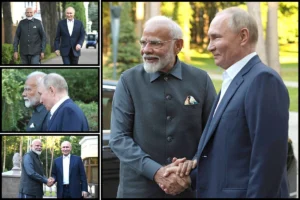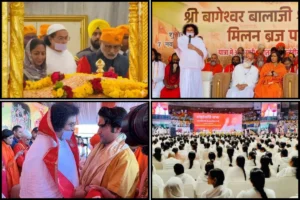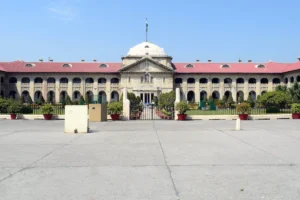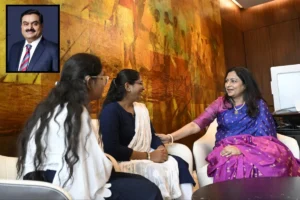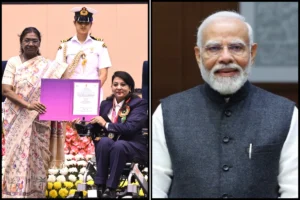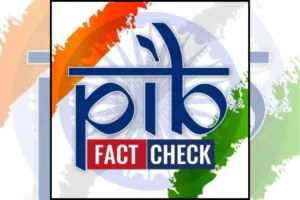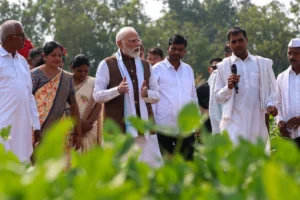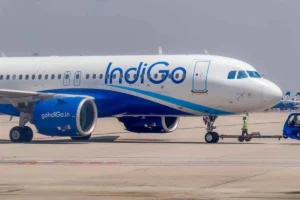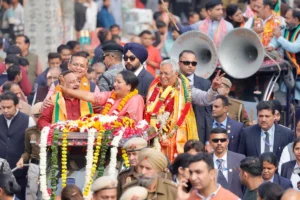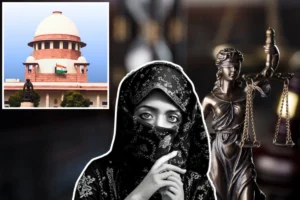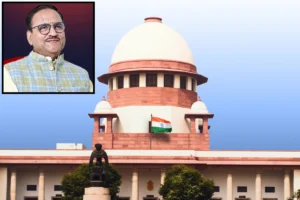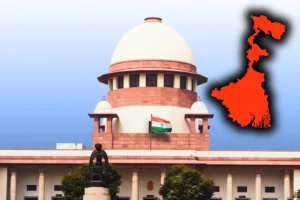
The Supreme Court, while hearing the case, expressed strong reservations about the inclusion of more than 2,000 accused and 500 witnesses.
A bench headed by Justice Surya Kant and Justice Joymalya Bagchi stated that such a large-scale trial would be unprecedented in Indian judicial history.
The bench observed that when cases involve powerful ministers and wealthy accused, there is an inherent risk that government lawyers may fail to deliver impartial justice.
Calling the case the ‘most congested’ trial in the country, the court remarked that a small courtroom would be insufficient to accommodate all the accused.
Justice Surya Kant even remarked that they might need a cricket stadium to accommodate everyone present during the proceedings.
The bench directed the Tamil Nadu government to submit a comprehensive list of all accused persons and witnesses linked to the case.
During the hearing, senior advocate Gopal Sankaranarayanan, appearing on behalf of Senthil Balaji, emphasised that with over 2,000 accused and 500 witnesses, conducting the trial under the current setup would be impractical.
He reiterated that the sheer scale of the case would make it nearly impossible to manage within conventional courtroom settings, adding that the situation was so extraordinary that it could require unconventional arrangements.
Previous Supreme Court Observations
The bench recalled that in April 2025, the Supreme Court had warned it would revoke Senthil Balaji’s bail if he did not step down from his ministerial post.
The court highlighted concerns that Balaji’s immediate reinstatement as a cabinet minister after receiving bail could influence witnesses and impede a fair trial, given his senior position within the government.
The Supreme Court underscored the importance of judicial oversight to ensure that such a high-profile and politically sensitive case is handled with integrity.
The bench noted that without judicial intervention, the state appeared reluctant to pursue the case against the former minister in a dignified and transparent manner.
The court has now demanded detailed records of all accused and witnesses and hinted at the need for structural adjustments to accommodate the scale of the trial.
The next phase of proceedings is likely to determine the logistical and legal approach to handle what experts describe as the most crowded case in India’s judicial history.
This case highlights ongoing concerns regarding corruption, judicial processes, and political accountability in India, particularly when dealing with influential figures in governance.
Also Read: Supreme Court Upholds Acquittal In Nithari Massacre; Rejects CBI Appeal
To read more such news, download Bharat Express news apps







